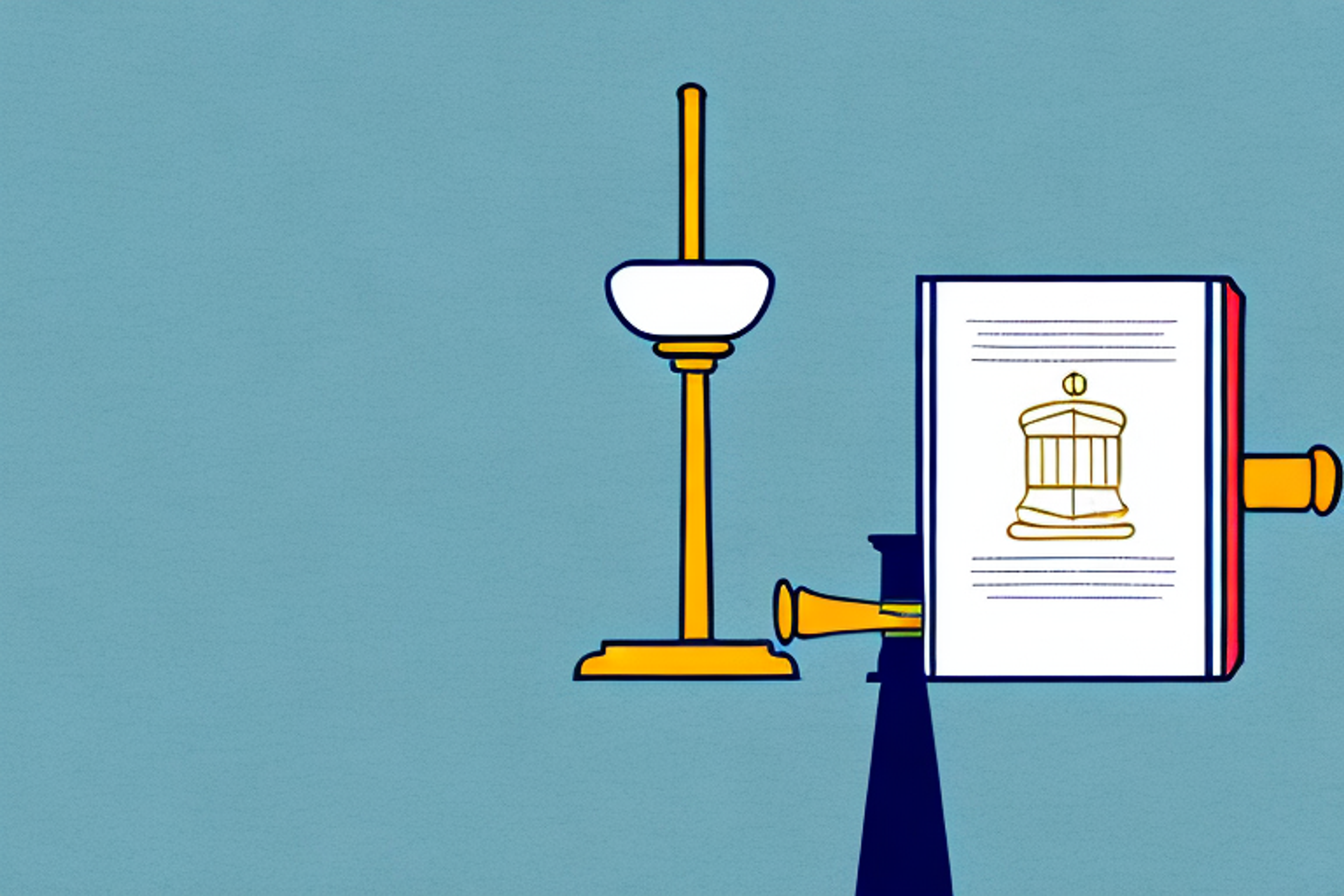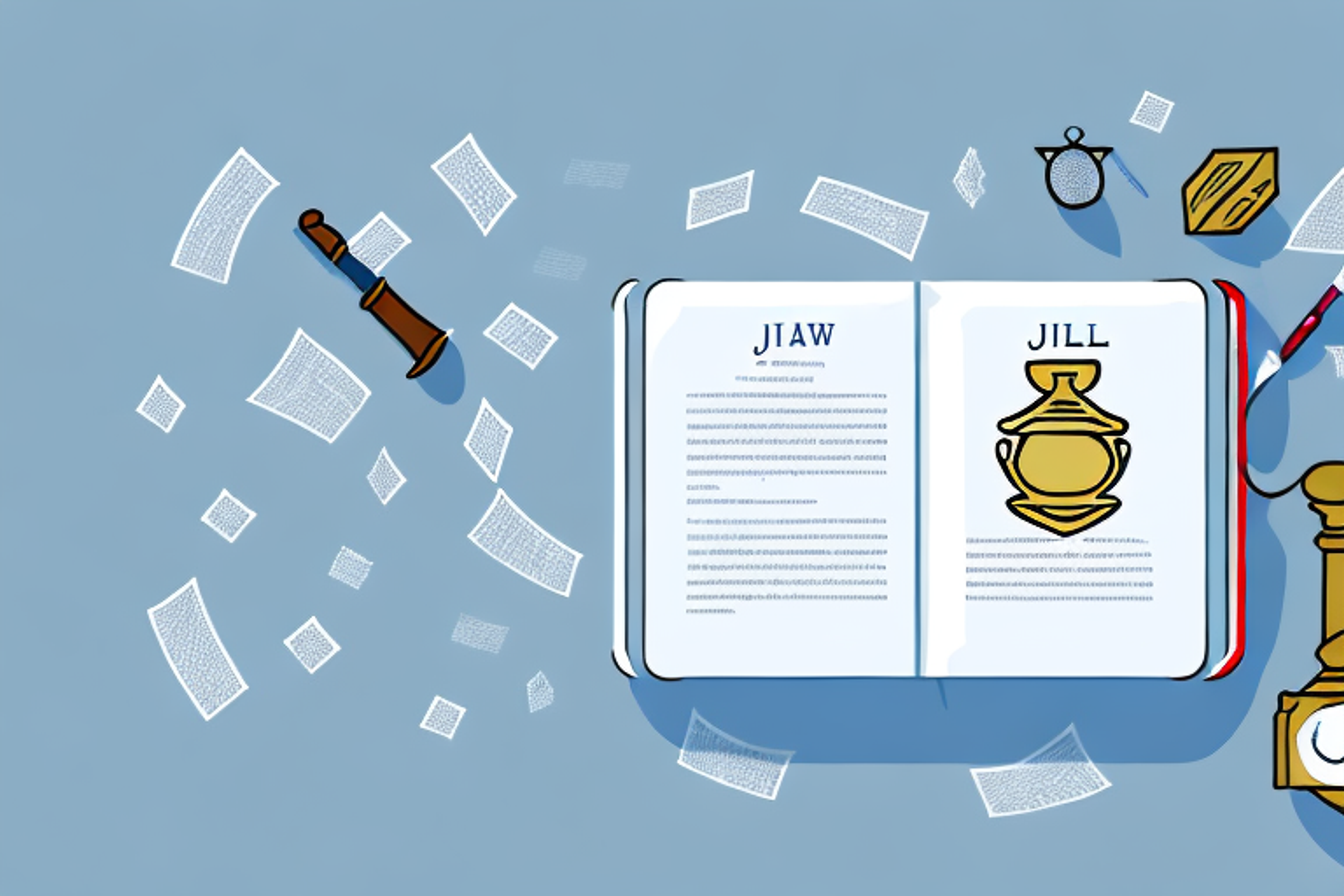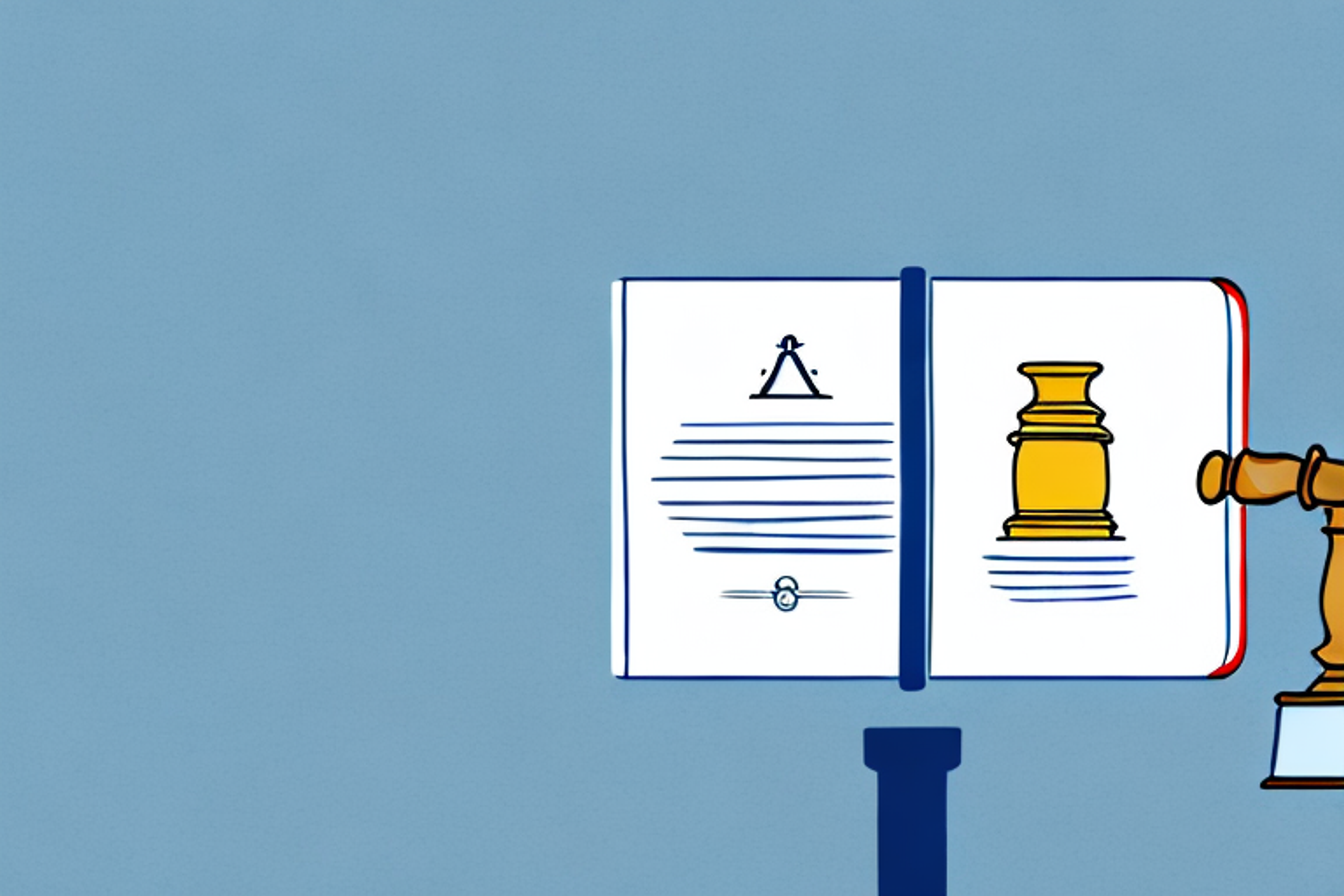How to Get Into Law School as a Gap-Year Candidate
If you're considering taking a gap year before applying to law school, this article is for you.
Posted March 6, 2025

Table of Contents
Free Event

Featuring Indrani S.
Law School App Office Hours with a Former Stanford AdCom Member
Starting Thursday, April 17
11:30 PM UTC · 45 minutes

Featuring Indrani S.
If you're considering taking a gap-year before law school, you're in good company. Many students choose to take a gap year to gain valuable experiences that can help them stand out in the law school application process and better prepare for the rigors of legal education. In this article, we will explore how to get into law school as a gap-year candidate and provide valuable tips to make the most of your gap-year experience.
Benefits of Taking a Gap-Year Before Law School
Taking a gap year before law school can offer several advantages to prospective law students. Firstly, it can provide an opportunity to gain valuable working experience in the legal field, so you can gain real-world knowledge of the industry and refine the skills needed for success in law school. Additionally, taking a gap year can provide you with more time to refine your application and improve your credentials, such as through internships, volunteering, or studying for the LSAT. Finally, taking a gap year can help you avoid burnout, which can be critical in managing the high workload and stressful environment of law school.
Moreover, taking a gap year can also allow you to explore other interests and passions outside of law. This can help you gain a broader perspective and develop a more well-rounded personality, which can be beneficial in your future legal career. Additionally, a gap year can provide you with the opportunity to travel, learn new languages, or engage in cultural experiences that can enhance your personal growth and development. Overall, taking a gap year before law school can be a wise decision that can help you achieve your long-term goals and aspirations.
The Dos and Don'ts of Preparing for Law School During Your Gap-Year
To make the most of your gap year and stand out as a competitive applicant for law school, there are some do's and don'ts to keep in mind. Firstly, do use your gap-year to gain valuable experiences in the legal field, such as through internships or paralegal work. This can provide you with invaluable insights into how the legal system works and help you build relationships with legal professionals. Secondly, do take the time to study for and take the LSAT exam seriously. This one factor can make a significant difference in the law school admission process. Don't waste your gap-year idle, use the opportunity to build the necessary skills and knowledge that will make you a successful law student.
Additionally, it's important to use your gap-year to explore your interests and passions outside of the legal field. Law school can be intense and demanding, so taking the time to pursue hobbies or volunteer in areas that you care about can help you maintain a healthy work-life balance. It can also demonstrate to law schools that you are a well-rounded individual with diverse interests and experiences. However, be mindful not to spread yourself too thin and prioritize your legal-related experiences and LSAT preparation.
Choosing the Right Law Schools to Apply to as a Gap-Year Candidate
Choosing the right law schools to apply to is another essential aspect of getting into law school as a gap-year candidate. Firstly, you should research law schools that have programs and resources that align with your interests and long-term career goals. Additionally, consider schools that have extensive alumni support networks or placement programs that can help you find meaningful employment after graduation.
Crafting an Effective Personal Statement as a Gap-Year Applicant
Your personal statement is your opportunity to tell the admissions committee why you stand out as a unique candidate and what motivates you to pursue law school. As a gap-year applicant, it's essential to highlight how you've used your time to pursue your interests, gain experience in the legal field, and refine your long-term goals. However, avoid appearing too eclectic or unfocused, your personal statement must demonstrate a clear trajectory in your ambitions and a deep understanding of the legal profession.
One effective way to showcase your experience during your gap year is to discuss any internships or volunteer work you've done in the legal field. This can demonstrate your commitment to the profession and your ability to apply legal concepts in real-world situations. Additionally, you can discuss any extracurricular activities or hobbies that have helped you develop skills that will be useful in law school, such as critical thinking, problem-solving, or public speaking.
It's also important to show how your gap year has helped you grow as a person and prepare for the challenges of law school. This can include discussing any personal challenges you've overcome, such as health issues or family responsibilities, and how these experiences have made you more resilient and determined. You can also discuss any travel or cultural experiences you've had during your gap year, and how these experiences have broadened your perspective and made you more adaptable to new situations.
Tips for Obtaining Strong Letters of Recommendation During Your Gap-Year
Strong letters of recommendation can make a world of difference in the law school application process. When reaching out to recommenders, be sure to choose people who know you well and can speak to your academic and professional successes. Additionally, provide recommenders with an outline of the skills and qualities that law schools seek in successful applicants.
During your gap-year, it is important to maintain strong relationships with your recommenders. Keep them updated on your experiences and accomplishments, and continue to seek their guidance and mentorship. This will not only strengthen your letters of recommendation, but also provide valuable support as you navigate the law school application process.
Another tip for obtaining strong letters of recommendation is to give your recommenders ample time to write and submit their letters. Reach out to them well in advance of application deadlines, and provide them with any necessary materials or information. This will ensure that your letters are thoughtful, well-written, and submitted on time.
Navigating the LSAT Exam as a Gap-Year Candidate: Study Tips and Strategies
The LSAT exam is a critical factor in the law school application process. As a gap-year candidate, you may have more time to dedicate to preparing for the exam. Consider taking a course, signing up for tutoring, or using online resources to help you prepare effectively. Additionally, take the time to understand the LSAT format, and practice consistently leading up to test day.
Another important aspect to consider when preparing for the LSAT exam is to develop a study schedule that works for you. This may involve setting aside specific times each day or week to study, or breaking up your study sessions into smaller, more manageable chunks. It's also important to take breaks and give yourself time to rest and recharge, as burnout can be a real issue when studying for such a demanding exam.
Finally, don't forget to take advantage of the resources available to you. Many law schools offer free or low-cost LSAT prep courses, and there are numerous online forums and study groups where you can connect with other test-takers and share tips and strategies. By taking a proactive approach to your LSAT preparation, you can increase your chances of success and set yourself up for a successful law school application process.
Top Extracurricular Activities for Gap-Year Candidates Applying to Law School
Extracurricular activities can demonstrate your commitment to justice and your ability to balance competing demands successfully. Choose extracurricular activities that align with your long-term goals and can demonstrate your ability to work in a team, take leadership roles, and impactful planning of events.
How to Leverage Your Gap-Year Experience in Law School Admissions Essays
Admissions essays are an opportunity to showcase your unique skills, experiences, and perspective. As a gap-year candidate, you can use your gap-year experience to demonstrate your commitment to achieving long-term goals, professional ambitions, or how you overcame obstacles to make strides toward your objectives. Don't make the mistake of merely summing up your gap-year experience; use it to show how you are the ideal candidate for law school.
Preparing for the Rigors of Law School During Your Gap-Year: Time Management and Study Habits
Preparing for law school requires careful planning and a commitment to good study habits. Use your gap year to establish routines and develop time management skills that will set you up for success in law school. Consider implementing a study schedule and using apps to track your productivity and eliminate distractions.
Understanding the Challenges and Opportunities of Attending Law School as a Gap-Year Candidate
Attending law school as a gap-year candidate can present unique challenges as you navigate the transition from undergraduate study to graduate school. It can also present great opportunities for personal and professional growth. Recognize the challenges, but focus on how your gap-year experience can help provide you with unique skills and strengths better prepared you for the rigors of legal education.
Connecting with Other Gap-Year Candidates in the Law School Application Process
During the law school application process, you may be surrounded by other gap-year candidates. Use this opportunity to connect with similar-minded individuals and form connections that could serve you well once you begin attending law school. Consider networking in professional organizations, attending conferences, or networking on social media.
Making the Most of Your Gap-Year to Build a Stronger Law School Application
Your gap year is an invaluable opportunity to build experiences that can help you stand out as a candidate for law school. Stay focused on your goals, plan effectively, and gradually acquire experiences and skills that will strengthen your application. Connect with mentors, advisors, and professors who can offer advice and help keep your expectations in line with your abilities.
Common Mistakes that Gap-Year Applicants Make When Applying to Law School
Common mistakes that gap-year applicants make when applying to law school can negatively impact your chances of admission. Avoid mistakes such as failing to develop a meaningful application narrative, neglecting to mention how your gap-year experience fits into a broader career trajectory, or missing the application deadline.
How to Stand Out as a Competitive Applicant When Applying to Law School as a Gap-Year Candidate
To stand out as a competitive applicant when applying to law school as a gap-year candidate, focus on leveraging your gap-year experience to showcase your unique abilities, experiences, and perspective. Show how your gap-year experience inspired you to pursue law school and how it helped you acquire the skills and knowledge necessary for success in the program. Be confident, stay focused, and always present a realistic and compelling application narrative.
In conclusion, taking a gap-year can provide potential law school candidates with valuable experiences and opportunities to prepare for the rigor of legal education. By following the tips outlined in this article, gap-year students can make the most of their experience and build a strong application that showcases their unique skills and experiences. With dedication, focus, and determination, you can become a competitive applicant and successfully gain admission to the law school of your choice.










